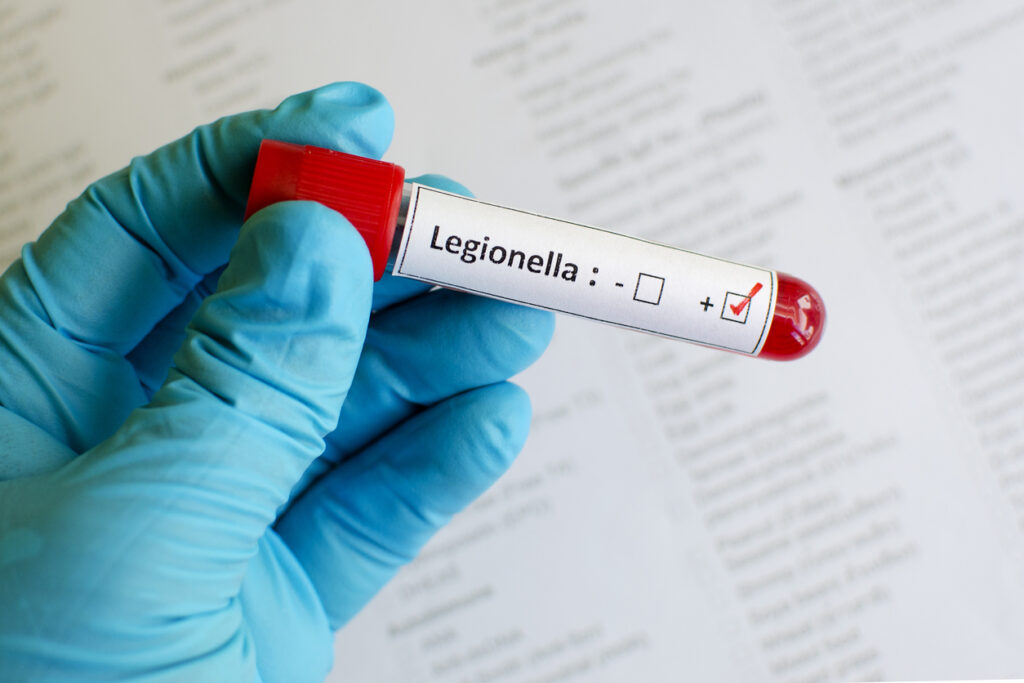A clean water supply is vital to your health and wellbeing. Most water systems contain bacteria and other organisms. If these are allowed to multiply they can cause people to become ill. The most common and high risk bacteria is legionella.
Legionella bacteria are common and can be found naturally in water sources such as rivers, lakes and reservoirs. They can survive under many environmental conditions, and temperatures between 20ºC and 45ºC encourage their growth. Legionella is transmitted by inhalation of mist droplets containing bacteria.
The legionella bacteria can cause a range of pneumonia-like diseases in people, from the less severe to the most serious – Legionnaires’ Disease. Although everyone is susceptible, some people are at a higher risk, including people with a compromised immune system and the elderly.
Legionella bacteria can breed in other places where water is stored, such as water systems and water cooling towers. The risk in your home is very low because your water is usually stored in small quantities at temperatures above 45ºC and is used daily. This means that the bacteria do not usually have time to grow to significant levels.
Water temperature
If you have a domestic hot water storage tank, a combination boiler or a multi-point water heater in your home, make sure the thermostat is set at 60°C. Do not reduce this setting as unwanted bacteria can multiply at lower temperatures.
Regular use
If you are away from home for a longer period of time, for example on holiday, the water in your system can deteriorate if unused.
When you return home, heat up your system to the normal temperature and run each hot and cold tap for at least three minutes. This will remove any water which has been left standing. This should include showers and any outside garden taps.
Flush your toilet twice to empty the system of any stale water.
If you have any water outlets which do not get used during a normal week such garden taps, please ensure these are run weekly for three minutes to clear any standing water.
Tap Cleaning
Tap spouts on your bath and sinks can become dirty, so to be safe, clean them by wiping with a diluted bleach solution. If the tap is heavily scaled, this can be dislodged using a nylon brush.
Showers
If you have a shower fitted with a flexible hose, make sure that a hose retaining ring is fitted to prevent the shower head falling into your bath water.
It’s advisable to run the water for two-three minutes weekly to avoid stagnant water building up.
Don’t use rubber push-on shower hoses on your bath taps. If your water company needs to turn off your water supply in an emergency, the contents of your bath may be siphoned back into the mains, which can cause contamination.
Clean your shower head regularly using a nylon brush then soak in a bleach solution.
Washing machines and dishwashers
Any appliances you buy which are connected to the water supply must comply with the water regulations. All domestic appliances such as washing machines and dishwashers are manufactured to the appropriate standards, but many commercial appliances are not and therefore are not suitable for home use.
Water filters
Both jug and fixed type water filters must be cleaned and maintained in accordance with the manufacturer’s instructions.




